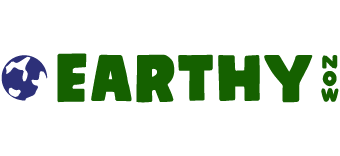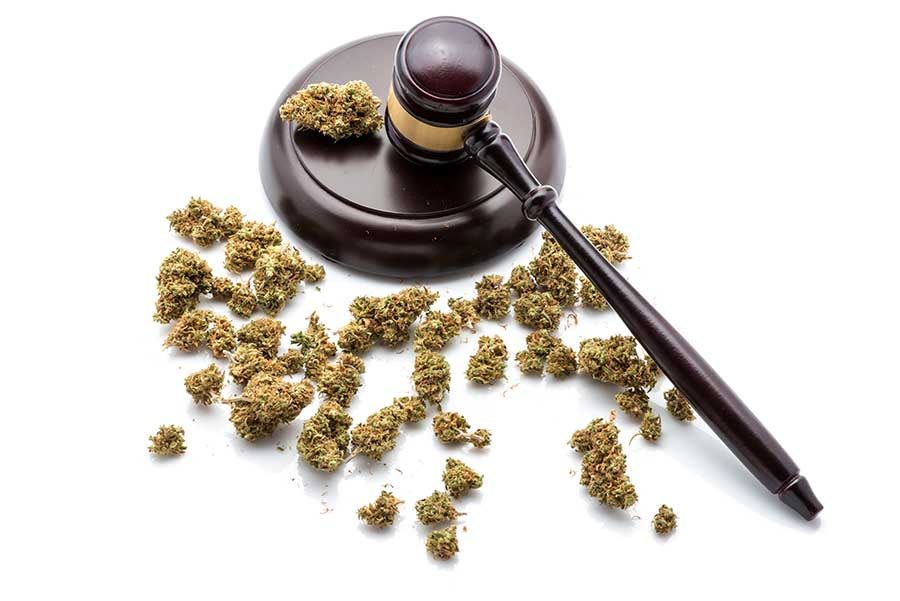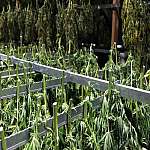CBD and the FDA: How Cannabidiol is Regulated
CBD is a hot topic of conversation these days. While well-known cannabis companies are jockeying for position in this growing market, we’re now seeing household names—like Ben and Jerry’s and CVS Pharmacy—throwing their hats into the ring. In this guide, we’ll offer a brief background on the differences between THC and CBD, and we will review the US government’s regulatory framework on CBD products.
What’s the difference between full- and broad-spectrum CBD products?
The industry is always changing, and there’s always something new hitting the market. Not all CBD products are created equal, and full-spectrum CBD is just one of many options. When choosing products, you’ll likely hear about:
- Full-spectrum cannabidiol
- CBD isolates
- Broad-spectrum CBD
Full-spectrum products contain multiple cannabis extracts, including low levels of THC. However, the concentration of THC in these products is typically well below the government’s .03% threshold, so they don’t bring on the psychoactive effects for which cannabis is known.
Conversely, CBD isolates are cannabidiol in its purest form; they don’t contain any other extracts. Isolates are usually ground into powder, and unlike other CBD products, they’re subject to additional processing for extra refinement.
Broad-spectrum CBD products are a third option. They’re similar to full-spectrum products in that they contain several cannabis extracts, but they rarely include THC. Because of the entourage effect, broad- and full-spectrum CBD products are some of the most popular.
The Farm Bill legalized hemp at the federal level
Cannabis and its derivatives, such as CBD and THC, are still illegal under United States federal law. [1] However, in December 2018, President Donald Trump signed the Farm Bill into law. The bill amended the Agricultural Marketing Act of 1946 to permit the production of hemp and its derivatives.
CBD and products taken from hemp are now legal at the federal level, while products derived from other cannabis varieties are still illegal. Therefore, it’s important to know the differences between hemp and other types of cannabis.
The Farm Bill defines hemp as cannabis plants with no more than 0.3% THC by dry weight. [2] Any plant or derivative with more than 0.3% THC is not classed as hemp, making it illegal under federal law.
State and federal rules
Under the Farm Bill, the USDA (United States Department of Agriculture) regulates the production of hemp in this country. However, the details of these regulations were only recently defined. In March 2021, the USDA’s rules on hemp production finally went into effect. [3]
In line with the Agricultural Marketing Act and the Farm Bill, states have the right to implement rules on the commercial production of hemp. However, the Department of Agriculture must pre-approve these regulations, including those put into effect before the Farm Bill. When states lack plans of their own, the USDA is allowed to regulate production in those areas.
How the FDA views hemp-derived CBD products
The Food and Drug Administration classifies CBD as an active ingredient. [4] However, it has approved one product—Epidiolex, a CBD-based drug that’s used to treat seizures arising from the rarest forms of epilepsy. This drug underwent extensive testing before it was released, and it’s under the strict oversight of medical professionals.
The FDA is extremely concerned about companies marketing CBD products for medical and therapeutic uses without prior approval. While the Food and Drug Administration recognizes the potential benefits of CBD-containing products, they’ve yet to confirm their effectiveness and safety.
In the past, the FDA has reprimanded companies that marketed their products for therapeutic use. However—like other evolving industries—gaps exist between regulatory enforcement and industry practice. With today’s social, health, and industrial considerations in mind, the Food and Drug Administration is seeking input from stakeholders in efforts to refine its viewpoint toward hemp-derived CBD products.
The FDA and cannabidiol—Will things ever change?
In May 2019, the FDA held a hearing on the scientific data about cannabis and its derivatives. [5] At the hearing, more than 100 experts in the healthcare, retail, distribution, and agriculture sectors offered their opinions on the FDA’s stance on hemp, cannabis, and the distribution of their derivatives. Most of the discussion was focused on the Food and Drug Administration’s regulation of CBD products derived from hemp.
The 2019 hearing had two main themes: consumer safety and financial opportunity. The wide availability of CBD products was a major topic of discussion, and multiple panelists reported cases where hemp products contained excessive levels of heavy metals, pesticides, and mold. Other speakers focused on products that made unsubstantiated claims and had misleading labeling. Those in the hemp industry highlighted its economic potential, stating that fair regulations would bring new economic opportunities to farmers while ensuring consumers’ safety and health. Some stakeholders reiterated the importance of global competition—during research and development and at the retail level.
The Food and Drug Administration is going into uncharted territory as far as the regulation of hemp-derived CBD products is concerned. Many of the hearing’s attendees stressed the importance of such regulations. As the public becomes more interested in cannabidiol products, low-quality offerings will flood the retail market. With additional research, the FDA plans to address those concerns and create reasonable, science-backed policies on hemp-derived CBD products.
What the future may bring
The United States government has taken a different approach to hemp-derived cannabidiol and products that contain it. Recently, the FDA stated that they plan to do more research, obtain additional data, and solicit public health and safety input to inform their policy decisions while protecting public health, maintaining incentives for drug development, and creating the administrative record required to support the implementation of new regulations.
From the looks of it, the Food and Drug Administration is moving toward a more lenient regulatory system that permits the sale of currently restricted products to the public. However, until the details of these rules are clarified, sellers are forced to navigate a complex regulatory landscape. You can count on the team at Earthy Now to offer the best selection of federally legal CBD products.
Disclaimer – Information is provided for educational purposes. It does not, and is not intended to, constitute legal advice or medical advice. We attempt to be accurate and up to date but the legality of cannabinoids and the science of cannabis is evolving. The author is neither a lawyer or a legal expert, nor a doctor or medical expert. You should check with your local authorities and medical providers before buying or using any products.
References
[1] Marijuana Legalization Update
[2] Hemp Executive Legal Opinion
[3] USDA Hemp Rules and Regulations
[5] FDA Public Hearing Scientific Data and Information About Products Containing CBD
Frequently Asked Questions
Do you get high off of CBD?
High CBD, low THC cannabis can produce a range of effects from clear-headed alertness & energy to calm & relaxation. CBD is not psychoactive.
The strength of the effects on a particular person will be different depending on a few things: the dosage level, body weight, food or other substances in the system, personal body chemistry, and experience level with cannabis products.
All of our products are federally-compliant, ie. hemp derived and containing less than .3% Delta-9 THC per dry weight.
How does CBD make you feel?
High CBD, low THC cannabis can produce a range of effects from clear-headed alertness & energy to calm & relaxation.
The strength of the effects on a particular person will be different depending on a few things: the dosage level, body weight, food or other substances in the system, personal body chemistry, and experience level with cannabis products.
Will CBD products show up in a drug test?
There is a risk of failing a drug test. It depends on the type of CBD product one is using. Drug tests for marijuana generally identify THC or its metabolites. Although tests do not screen for CBD, full spectrum CBD products contain low quantities of THC that can make a person fail a drug test. If you anticipate taking a drug test, we suggest checking with your employer or test administrator for clarity prior to taking full spectrum CBD products.




